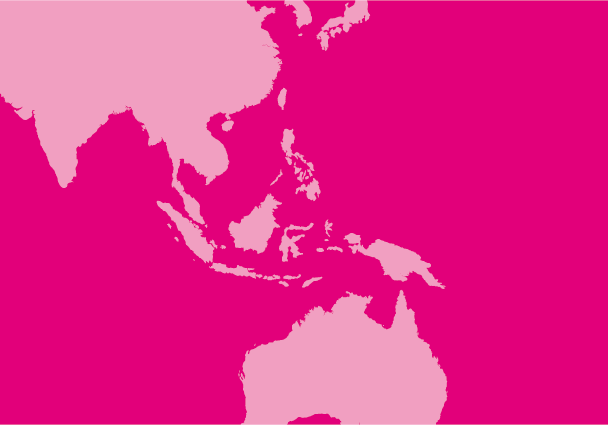The ICJ today called on the Parliament and Government of Sri Lanka to amend the new counter-terrorism regulations promulgated by the President on 6 December 2006.
They must ensure they do not criminalize peaceful and legitimate activities and that they respect the rule of law, the ICJ said.
“These regulations create sweeping and broadly defined terrorist offences that go well beyond recognised terrorist acts that can be legitimately criminalized”, said Gerald Staberock, Director of ICJ’s Global Security and Rule of Law Programme.
“The regulations could lead to prosecutions of, amongst others, peaceful demonstrators, those seeking peacefully to resolve the conflict, humanitarian aid workers, human rights workers and journalists”, he noted.
“Indeed, anyone who has dealings in the North or East of the country, or who is remotely connected to any person suspected of terrorism, could find themselves a terrorist suspect”.
The ICJ recognised that Sri Lanka faces serious security threats, especially in light of recent violent attacks, such as the killing of 68 civilians in a claymore mine attack in Kebitigollewa in June, the assassination of the Deputy Secretary General of the Government’s Secretariat for Coordinating the Peace Process in Colombo in August, and the suicide attack on the Secretary to the Ministry of Defence in Colombo in December.
However, security laws, especially those establishing new criminal offences, must comply strictly with the principle of legality: people must know clearly whether their actions would amount to a criminal act. Furthermore, the law must not criminalize the legitimate exercise of constitutional rights, such as the rights to freedom of expression, assembly and association.
The regulations criminalize actions that disrupt public order if the aim is to bring about “political or governmental change” or compel the government “to do or abstain from doing any act”. Such sweeping language could easily include lawful conduct such as organizing or participating in peaceful demonstrations or industrial strikes.
The regulations also open the door to people being convicted of helping suspected terrorists even if they had no knowledge or intention that their acts would have this effect. For example, under these regulations, a person could be sent to prison for five to 10 years for unknowingly supporting, advising, encouraging, promoting or assisting a person or group engaging in terrorism (as it is defined in the regulations).
“Under international law, a government has a right to prosecute people who incite others to violence, racial hatred and terrorist acts. But the regulations do not make clear that any person accused of having somehow contributed to a terrorist act must have intended to do so. These regulations threaten open and possibly controversial debate over the conflict in Sri Lanka”, said Gerald Staberock.
The ICJ is concerned that the regulations will have a detrimental impact on humanitarian assistance, attempts to resolve the conflict and human rights work. Under the regulations, national and international organizations must obtain prior written authorization by a “Competent Authority” before they can deal with any person or group who may be engaged in “terrorism” or “any specified terrorist activity”. In effect, this applies to organizations providing aid and assistance in the North and East.
“So many civilians in the North and East depend for their survival on humanitarian assistance from national and international organizations. We urge the authorities to ensure that these vital organizations can continue to carry out any lawful activities without hindrance”, said Gerald Staberock.
The regulations set up an “Appeals Tribunal” to which decisions of the “Competent Authority” can be challenged. However, any appeal process must be carried out by an independent and impartial judicial body using established, transparent and fair procedures. The “Appeals Tribunal”, which consists of representatives of key government ministries, clearly does not meet these standards.
Of equal concern is the inclusion of a blanket immunity from any legal proceedings for government officials who may commit wrongful acts when they implement these regulations. Legal proceedings will be blocked if an official acted “in good faith and in the discharge of his official duties”. This immunity echoes similar provisions in other security legislation in Sri Lanka and will only further entrench the culture of impunity prevalent in Sri Lanka.
The ICJ called on the Parliament to engage in a meaningful and transparent debate about these regulations. Substantial changes should be made to make any such regulations fair and just, by bringing them into line with the rule of law and Sri Lanka’s human rights obligations.
Sri Lanka-change new regulation-Press releases-2006-Eng (full text, PDF)
Sri Lanka-change new regulation-Press releases-2006-Sin (full text in Sinhala, PDF)
Sri Lanka-change new regulation-Press releases-2006-Tam (full text in Tamil, PDF)




